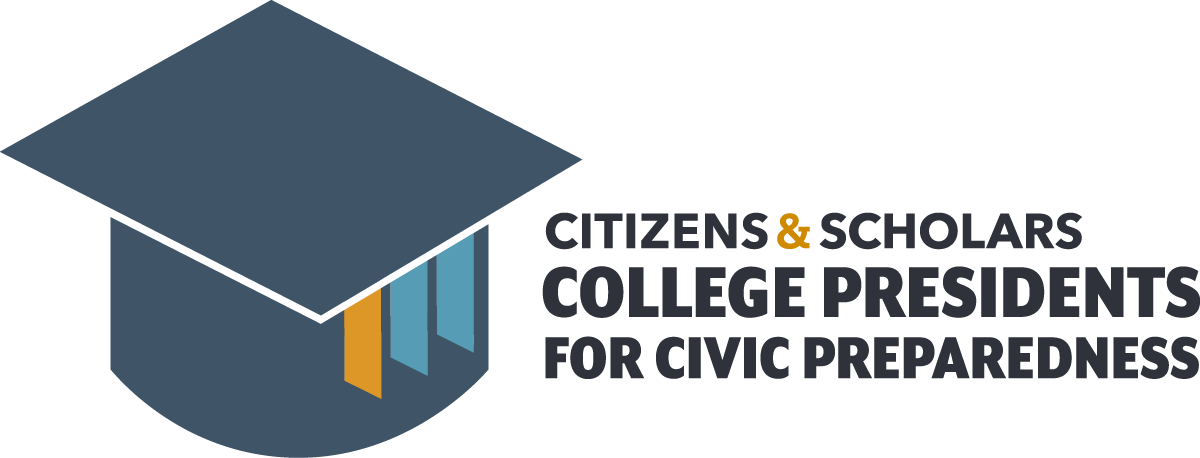John Dewey 90 Years Later: How the Liberal Arts Strengthen Democracy

ROLLINS COLLEGE AND THE INSTITUTE FOR CITIZENS AND SCHOLARS ANNOUNCE NATIONAL CONFERENCE ON HOW THE LIBERAL ARTS STRENGTHEN DEMOCRACY
Deadline to submit papers and panelists for consideration is September 15
Winter Park, Fla. (July 29, 2024) — Rollins College and the Institute for Citizens & Scholars will host John Dewey 90 Years Later: How the Liberal Arts Strengthen Democracy, a national conference examining urgent issues in higher education, on February 24 and 25, 2025, at the Rollins College campus.
John Dewey chaired Rollins College’s first national curriculum conference on the liberal arts in 1931. One of the principles emerging from the Dewey colloquy is that the purpose of a liberal arts education is for “The organization, transmission, extension and application of knowledge” for democratic citizenship. In the Dewey colloquy tradition, Rollins’ 2025 symposium will examine the importance of the liberal arts for advancing pluralism, tolerance, diversity of viewpoint, fair contestation, and representative inclusion, all which strengthen democracy.
The two-day conference will feature a series of panels that examine critical challenges confronting democracy, liberal arts education, and free inquiry in the United States. Interested participants may submit a paper proposal or express their desire to serve on a panel by contacting us at DeweyConference@Rollins.edu. The deadline for submissions is September 15.
“We are at a critical juncture in American higher education, and at Rollins we are uniquely situated to address these issues,” said Rollins College President Grant H. Cornwell. “It is a storied tradition that the Dewey Conference convenes leaders and experts in higher education to discuss the importance of a liberal arts education and embrace the importance of higher education in the reproduction and nurturance of democracy.”
“Universities serve not only as bastions of learning but also as cornerstones of democracy,” said Rajiv Vinnakota, President of the Institute for Citizens & Scholars. “I look forward to collaborating with fellow leaders at the national conference to explore strategies for preparing students for active participation in our dynamic, diverse, and often contentious society.”
Conference Sessions include:
- An academic panel examining the connections between Dewey’s thinking about the relationship between the liberal arts and democracy and how the liberal arts cultivate democratic resiliency.
- Roundtable discussion by presidents of higher education organizations working to cultivate deliberative discourse and strengthen democracy. What are the civic virtues required for a contemporary diverse democracy and how do the liberal arts advance them?
- Roundtable discussing the current environment for freedom of inquiry and expression, factors that contribute to tensions on campuses, and how to mitigate those conflicts.
- Applied workshops featuring pedagogical and co-curricular approaches that bridge differences and promote active engagement with viewpoint diversity on college campuses. The presentations explore how to conduct difficult dialogues on controversial issues on campuses, why it is important to develop the skills among our students to conduct civil deliberative conversations around critical social issues, and strategies for successfully advancing these discussions. A separate panel will discuss how to embed values promoting deliberative democratic discourse into the curriculum.
As part of the two-day conference, Marjorie Hass, president of the Council of Independent Colleges (CIC) will provide the keynote: “Democracy as a Way of Life: Re-imagining Education in a Benighted Age.”
“Many of the most urgent issues facing higher education turn on the question of its civic purpose,” said Hass. “The Rollins College conference address offers a framework for theoretical debate with a focus on practical applications. The goal is to empower participants to transform and revitalize their classrooms and campuses.”
Rollins College has a recognized history of organizing national curriculum colloquies to advance liberal education and student learning. In addition to the 1931 colloquy, Rollins held subsequent colloquies in 1997, “Toward a Pragmatic Liberal Education: The Curriculum of the 21st Century,” and in 2007, “Liberal Education and Social Responsibility in a Global Community.”
“We believe our 2025 colloquy fills an urgent need in American society and education. The conference will provide a forum for scholars and higher education leaders to explore ways to promote deliberative dialogue on controversial issues, cultivate civic engagement among students, and prepare our students for responsible citizenship in a democratic society,” said Rollins Vice President for Academic Affairs and Provost Donald Davison. “We are honored to host these important conversations among educational leaders and are confident that we will provide a forum to navigate and address the significant issues facing us today, just as John Dewey did at Rollins in 1931.”
To learn more, email DeweyConference@Rollins.edu.
About Rollins College:
Founded in 1885, Rollins College is Florida’s oldest college. Located in Winter Park, near Orlando, Rollins is consistently ranked as one of the top regional universities in the South by U.S. News & World Report and is one of only 293 institutions nationally with a Phi Beta Kappa chapter. Rollins offers full-time undergraduate programs in the College of Liberal Arts and undergraduate and graduate degree programs for working professionals and adult learners through its evening program at the Hamilton Holt School of Professional Advancement and Graduate Studies, and the Crummer Graduate School of Business. Rollins serves approximately 3,200 degree-seeking students annually.
About the Institute for Citizens & Scholars:
The Institute for Citizens & Scholars cultivates talent, ideas, and networks that develop young people as effective, lifelong citizens. Citizens & Scholars unites the left, right, and center to develop breakthrough solutions that create stronger citizens in our country, and brings these solutions to life by forming strategic partnerships with an intentionally diverse group of young people, scholars and education leaders, and civic and business leaders—including the 27,000 world-leading Fellows in the C&S network. Together, Citizens & Scholars is on a mission to ensure that Americans everywhere are civically well-informed, productively engaged, and committed to democracy.
# # #
